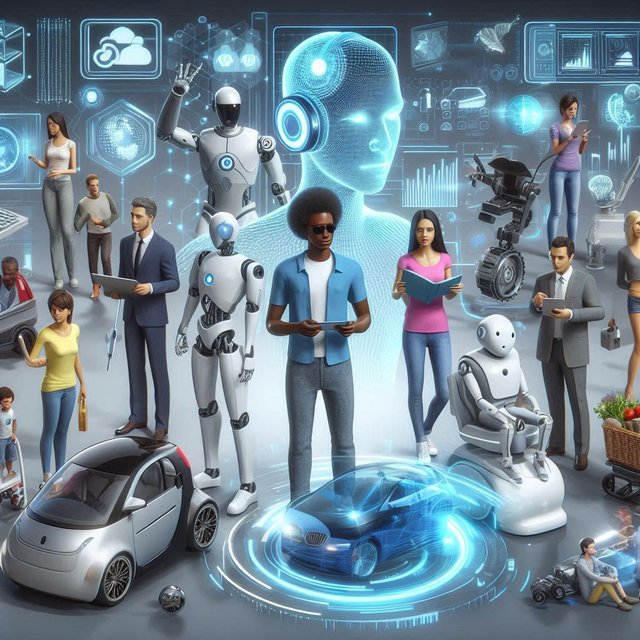
Artificial intelligence and other emerging technologies continue to reshape our world, from daily activities to industry structures. In 2024, AI advancements in automation, personalized healthcare, education, and environmental management made way for changes in our lives and work that only seemed futuristic a decade ago.
Personalized Health and Wellness
AI health technologies are rendering healthcare more personalized and available. To go from diagnosing diseases through AI diagnostic tools to even the implementation of AI to help doctors make personalized treatment plans for the patient, AI has assisted to the top. AI wearables, for example, fitness trackers and health monitors, have now taken monitoring in real-time to a new level, allowing individuals to control their health.
Education and Learning
AI has changed education in different ways such as using personalized learning tools, adaptive assessments, and AI tutors, that allow students to receive tailored feedback and resources. Technology has also made virtual classrooms more engaging and accessible globally, thus, the learning opportunities have surpassed the traditional classrooms.
Environmental Impact and Sustainability
In response to environmental issues, AI tech is being used in energy optimization, waste reduction, and climate change combating. Through machine learning algorithms, municipalities can manage their resources more efficiently. On the other hand, AI systems used in agriculture make it possible for farmers to monitor crop health and promote sustainable farming practices.
Employment and Automation
The workplace is witnessing a transformation with the AI being responsible for the repetitive tasks thus leading the workers to concentrate on strategic roles. Nevertheless, the rise in job displacement has become a concern. The focus is now on the reskilling and upskilling of employees to use the AI tools effectively, thus making them more versatile in the AI-driven economy.
Enhanced Connectivity and Communication
Smart homes with AI virtual assistants and devices have made information more accessible and convenient in everyday life. AI is also making inroads in communication with translation apps, enhanced customer service, and seamless remote work across time zones.
Even though AI provides innovation and lush benefits, it also creates challenges, such as privacy, ethics, and job displacement. Responsible usage and balancing innovation is the key for AI to continue improving life sustainably and equitably.
Overall, the influence of AI on our everyday lives will only become more prominent as we face its enormous potential and the social issues it raises.